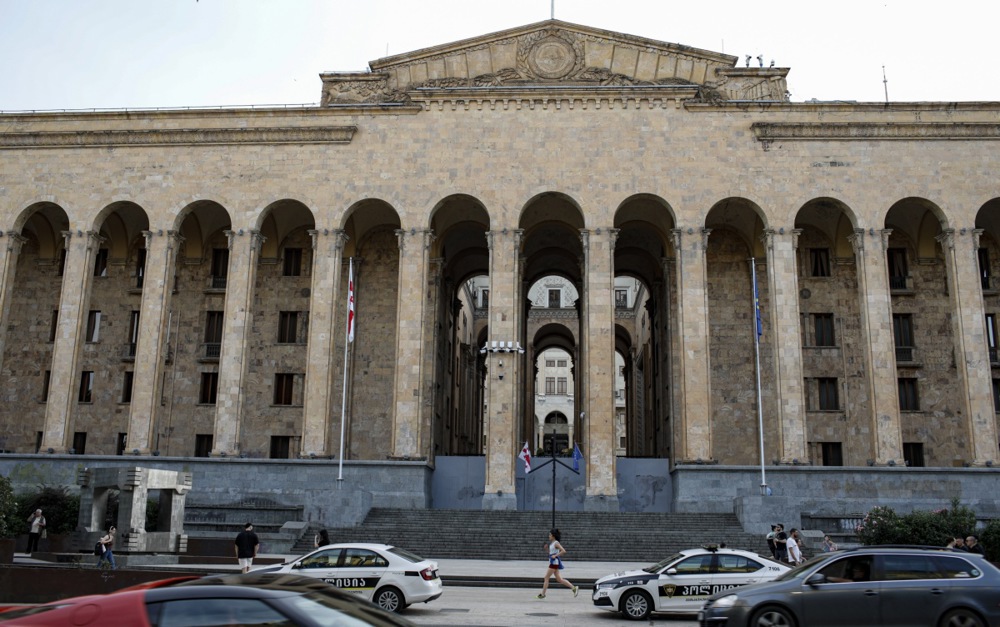The Dutch public has increased their meat consumption despite a government attempt to impose a top-down “protein shift” towards no-meat meals.
New research by the Netherlands Meat Country trade association has found that there was a slight increase in meat-eating over the last two years, with consumption rising from 94 per cent in 2022 to 95 per cent in 2024.
Meanwhile, 69 per cent of Dutch people believed the Netherlands should keep the meat sector strong for the future. This number had increased from 61 per cent in 2022 and 67 per cent in 2021.
The trade body sent the results of the 2,500-person survey to the Dutch parliament on October 15.
The increased support for meat consumption came despite intense campaigning from the previous government aimed at making Dutch people transition towards a more plant-based diet.
According to the survey, fewer and fewer people are making meat purchases when taking into consideration sustainability or the environment, with price instead being the main factor determining their purchasing decisions.
The figures aligned with a Central Bureau of Statistics report earlier this year, revealing only 5 per cent of Dutch people did not eat meat.
A larger share, 22 per cent, however, had a meat or fish-free main meal at least three days a week, the statistics office found.
“The vast majority of the Dutch population still eats meat, showing that meat continues to play a central role in many people’s diets,” the trade body said.
Respondents also tended to overestimate the prevalence of vegetarianism, pescatarianism, and veganism.
People responding to the survey estimated that 74 per cent of Dutch people did not eat meat. The actual number was only 5 per cent.
The survey found 3 per cent of Dutch people were vegetarian, meaning they did not eat meat but did eat other animal products.
One per cent were pescatarians, who consumed seafood but not meat from land animals.
Meanwhile, 0.6 per cent identified as vegan and abstained from the use of all animal products.
However, many of these three groups also indicated they were not very strict in their diets, saying they occasionally ate meat and fish.
Vegetarians tended more often to be women, in urban areas and with higher education. Politically they were more likely to be left-leaning.
People who did say they ate meat have also taken to doing so more frequently, with the average number of meat-eating days per week for the Dutch increasing from 4.8 days in 2022 to 4.9 days in 2024. At the same time, respondents reported slightly reducing their portion sizes.
Most respondents said they ate meat simply because they enjoyed it. The second most common reason given was to ensure a varied intake of nutrients for a healthy lifestyle.
Almost half of the Dutch population believed meat contained artificial hormones and antibiotics. One in four believed meat contained vaccines.
But Europe, and the Netherlands, both have strict regulations on these points, and meat for consumption in the Netherlands was free from all of these substances. This made for a contrast with the US, where hormones were allowed in meat production.
Over half of Dutch respondents thought meat was better if sourced from animals kept in good conditions.
Local meat was preferred by 35 per cent, while 26 per cent said sustainability was important to them.
The survey also found there was growing public resistance to regulatory interventions in personal food choices, such as the previous government’s attempt to encourage a “protein shift” to non-meat-based diets.
Most respondents indicated it was not up to the government to encourage particular diets based on political or social reasons.
Most people said the meat industry did not get enough recognition and appreciation, while 74 per cent said the media was not objective when reporting on the industry.
Dutch low-cost airline Transavia has stopped selling vegetarian sausage rolls on board because customers said with their wallets that they preferred eating meat. https://t.co/UCH9XDKgOH
— Brussels Signal (@brusselssignal) August 22, 2024





